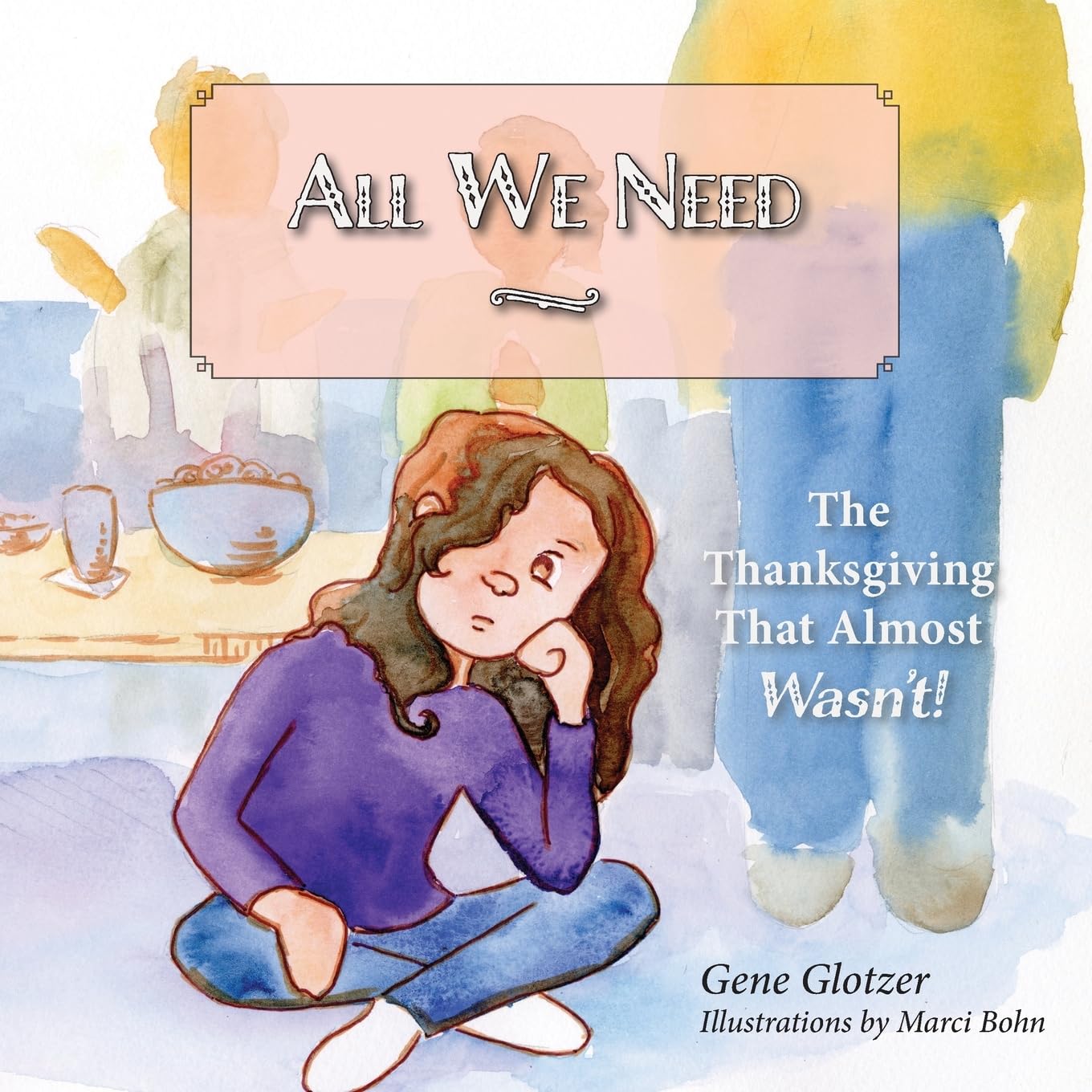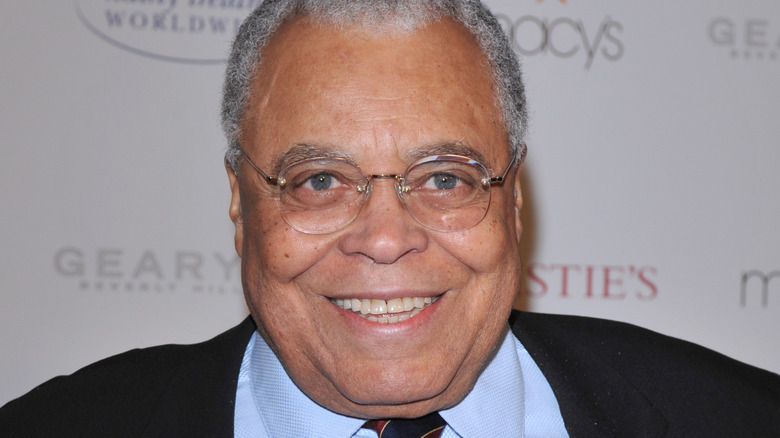One of my friends told me about a habit he has when he starts to watch a new show. If the show is available in its entirety already, he watches the last episode of the series first, and then starts the show from the beginning. I find this to be an odd way to watch television, but not for the reason you might think. I respect my friend’s decision more than I am perplexed by it, because it flies in the face of the fetishized rituals audiences enact to avoid spoilers.
People disengage from the internet, shut themselves off from the media, and even become angry with family and friends who accidentally reveal plot developments. Remaining spoiler-free has taken on an importance which has long passed absurdity and borders on parody. On some level, I get why audiences like to remain spoiler free. They want to maintain the surprise of the story, and to experience the shock and awe of big reveals and plot twists without them being “ruined” by forehand knowledge. I get it, but I think this desire fundamentally misunderstands what makes reveals and plot twists work.
Surprise is a legitimate emotion to seek when we’re interacting with a story, but the feeling of surprise can come from different sources. The surprises that we are most familiar with derive from the unexpected- twists, reveals and developments that we didn’t expect or anticipate. I argue that this is the weakest form of surprise for two reasons. First, it only works the first time; once the unexpected happens, it is no longer unexpected upon revisiting the story and loses most, if not all, of its impact. Second, and most importantly, it betrays the audience’s expectations. An unexpected surprise works because it manipulates the audience by hiding information, distorting plot elements or, in the most extreme cases, outright lying to the audience. It’s one of the cheapest and laziest way to elicit an emotional response from the audience, and is little more than narrative “catfishing.” And as with real-life catfishing, the audience feels betrayed by the dishonesty needed to maintain the payoff of the big reveal.
The other source of surprise comes from being subtly told what to expect, and then having that expectation fulfilled in a meaningful way. A well-crafted story which progresses logically, consists of characters with clear motivations, and follows through on consequence builds up to its reveal with clues and hints. It’s not the shallow, flash-in-the-pan surprise of being blindsided by a sudden plot development. Instead, anticipation grows slowly and organically with the story as beats and scenes develop and imbue character interactions with meaning and value. When the reveal comes, it doesn’t feel like a shock. It feels like a promise has been kept.
This may sound counter-intuitive, but really think about it. Which surprises have given you the greater sense of pleasure, those which came out of left field and left you scratching your head, or those that hit you like a moment of understanding when you realize the clues were there all along? If you’ve answered the latter, then you have to understand that it was possible for you to figure out the surprise the entire time. The pleasure you feel in the moment of reveal comes from the pieces falling into place, not from the curtain being pulled back to show you something crazy. You had the pieces the whole time.
Spoilers are those pieces. They are the pieces of plot which are taken out of context and regarded as if they are the meaning of the narrative instead of the means by which narrative is delivered. Plot is treated as if it’s the story, but it’s not. Plot is the tool which carries characters, settings, action and consequences. It’s the road, not the journey. So what if you know that the exit is two miles away? In fact, you WANT to know where the road is going, to make sure that you can focus on the journey and ensure you arrive at the proper destination.
The major test of whether something is a good story is whether or not it can be enjoyed a second time. A good story still works even if every plot point is known. And it of course follows that a good story still works even if some plot points are known because of spoilers. The obsession with secrecy, surprise and spoilers has allowed for some poor stories to flourish in our cultural landscape, because we confuse plot and story. Instead of evaluating the story on the merits of what actually makes it good (characters, stakes, etc.) we’ve instead become enamored of the parts of story (plot, reveals, secrets) and the way those parts are delivered.
I want you to try something the next time you watch a movie or television show, or read a book, or play a game. Learn everything you can about it first. Read all the spoilers, fan theories, reviews, everything you can find, and then experience the story. Walk into the story with your eyes wide open, knowing what to expect, and see how it alters your experience. I guarantee it will not ruin your story, and I’d bet money that, in fact, you will enjoy it more. You’ll find that you’ve freed yourself from looking for plot. You’ll be looking for story, for the thing that truly matters when you enter someone else’s creation. Spoilers are real, but they aren’t spoiling the story. They’re spoiling your enjoyment of story because you’ve been convinced that the best way to experience something is to know nothing about it. Try starting at the end, like my friend does. I think you’ll be surprised in the good way.











One thought on “Spoilers Don’t Ruin Stories, Avoiding Spoilers Does”